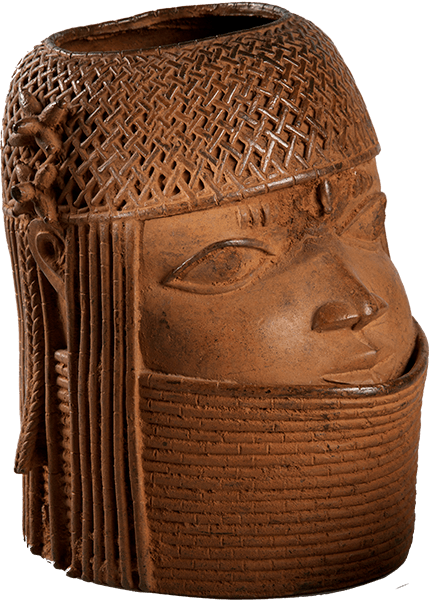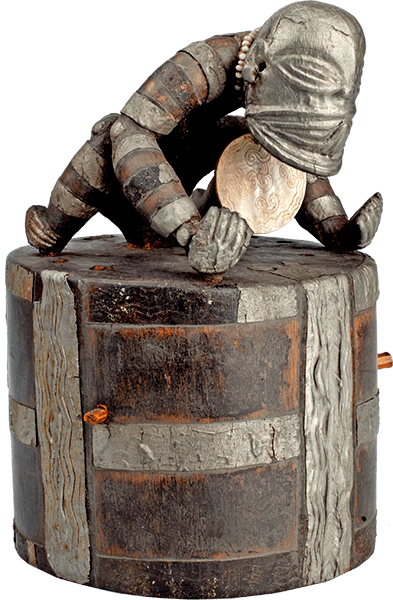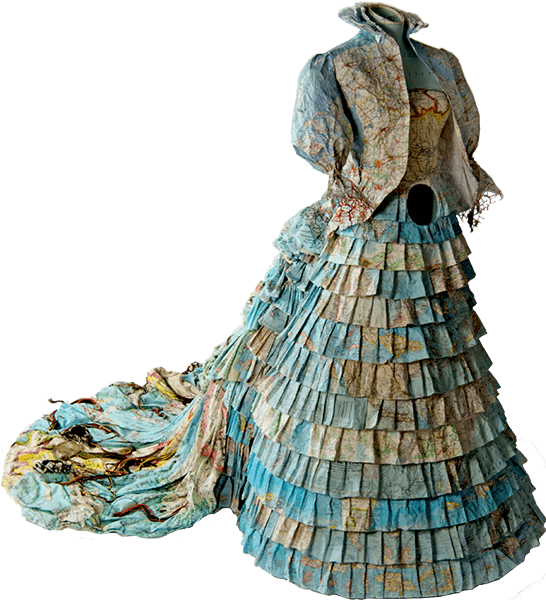This kind of statue was made when an Oba (ruler) died, to honour the deceased. In 1897, British troops carried out a punitive expedition against the Kingdom of Benin, in present-day Nigeria, taking a large number of bronze statues and reliefs as spoils. The collection was divided among several ethnographic museums in Europe, including the one in Leiden. At the moment, a policy on the return of colonial spoils is currently being worked on. As a member of the Supervisory Board of the National Museum of World Cultures, Carel Stolker is closely following the discussion on the restitution of colonial collections.



